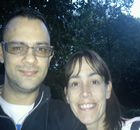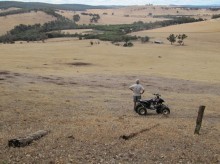“I was ingrained in CCAR to show the positive side of recovery, putting a face on recovery, allowing people to see that recovery was possible. A reality that people in many walks of life would able to get their life together again.
Michael Askew is Manager of the Bridgeport Community Recovery Center, under the auspices of CCAR. Formerly known as Dark Shadow, he has been in recovery from 1989 after being in and out of prison for years (seven visits).










